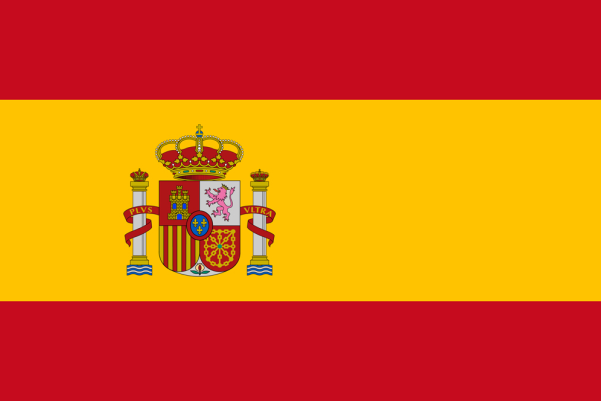English, Spanish, Portuguese, French and Italian are just a few of the options for learning more than one language as a child
What is the purpose of learning more than one language? There are many reasons why this is important: the need to stand out in the job market; knowledge expansion, by reading works not translated into English; travel; or simply learning about new cultures.
 The older we get, the more our language skills diminish—this is a natural part of the aging process. For this very reason, the most beneficial time to learn other languages is during childhood, once kids reach 5-6 years and are in school. Before this, when it comes to language acquisition, children are still getting used to their mother tongue, but it is also a great time to read to them in other languages so that they begin to get familiarised with foreign sounds.
The older we get, the more our language skills diminish—this is a natural part of the aging process. For this very reason, the most beneficial time to learn other languages is during childhood, once kids reach 5-6 years and are in school. Before this, when it comes to language acquisition, children are still getting used to their mother tongue, but it is also a great time to read to them in other languages so that they begin to get familiarised with foreign sounds.
In any case, learning a new language is an essential part of broadening our understanding of other cultures. Linguists generally agree that language is a product of the society in which it is created and flourishes, and something that bonds its people. Understanding how other nations communicate, then, is nothing more than understanding how other parts of the world work.
All of this, therefore, is a social issue that involves much of the educational sector in any given region. Depending on the country in question, high quality public education may not be a given; in these cases, it is important to establish a family tradition of speaking to children in more than one language, and to teach them from an early age about the plurality of language.

As for professional development, there is no question that being proficient in multiple languages is a differential in the job market. Companies usually look for people with the potential to conduct business on the international stage. That’s why a second language—and the cultural awareness that goes with it—is a real plus for multinationals.
On the other hand, learning a new language is an emancipation play too. History tells us, for example, that those who studied Latin in ancient times belonged to a more powerful, elite class. This may be a distant parallel, but in truth not a lot has change in this regard—learning other languages can propel you in many areas of life.
The interesting part of all this is that parents can also learn an enormous amount by supporting their children in this process. There are several apps that help with learning a new language, such as Duolingo or Memrise, among many others. In addition to apps, the Internet is home to abundant learning resources. The BBC, for example, offers a free course and materials for students and teachers of English, with videos and helpful Q&As.

Being online has also enabled us to connect with people from other countries like never before. Needless to say, this is great way of practicing a foreign language. Similarly, today we can read news from just about any country online, which is also essential language practice.
With so many opportunities to explore other languages, our advice is to never stop learning!

















